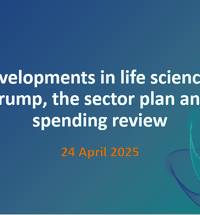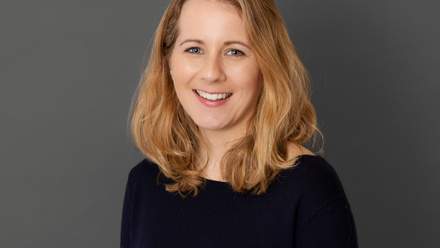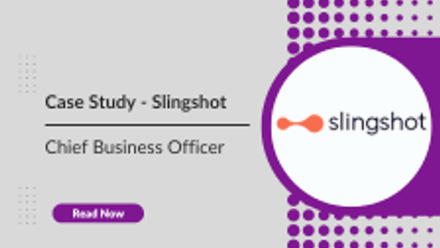
CEO Update - 28 April 2025
The five areas focused on are Bio-Synthetic Fuels, Microbial Metal Factories, Nitrogen-fixing Cereals, Future Fashion and Lab-Grown Blood.
We’re excited to be heading to San Jose for SynBioBeta 2025, where BIA will co-host leading UK engineering biology innovators at the UK Pavilion to showcase the UK's world-class strengths and launch our latest Deep Biotech report — we can’t wait to see you there!
Southampton biotech NHS blood trial could be a game-changer
A new blood test, developed by the UK biotech start-up Xgenera, is being trialled in the NHS to detect 12 common cancers. The Southampton-based company raised £3.5 million in funding late last year, with investment from SEIS/EIS play Empirical Ventures, Ascension Ventures and lead investor QantX, alongside a £2.5 million grant from the National Institute for Health and Care Research (NIHR).
The AI-driven blood test, known as miONCO-Dx, was developed on data from over 20,000 patients and has since been translated into a cheaper, faster and more scalable solution. It will be assessed in a clinical trial of 8,000 patients, giving a formal and significant step towards bringing the test closer to patients by ensuring it is fit for purpose in the NHS. By utilising AI to achieve over 99% accuracy, this innovation promises to dramatically improve early cancer detection here and around the world.
Tariffs and next steps on the sector plan
Dr Martin Turner and I shared our latest thinking on what Trump’s tariff plan may mean for our sector. Thanks to all who joined our webinar and shared their perspectives on the likely impact of the latest developments. I remain keen to hear from members on this in the weeks to come.

New DHSC boss appointed
Samantha Jones has been appointed as the new Permanent Secretary at the Department of Health and Social Care. Her journey from NHS nurse to government advisor and now to the helm of DHSC shows her knowledge of the ecosystem as a whole. As the government advances its Plan for Change—including the reintegration of NHS England into the department—Jones’s leadership will be pivotal, and I congratulate her on the new role.
Her recent time as COO of Xlinks in the renewable energy sector demonstrates private sector innovative company experience, and I hope she brings that perspective to driving innovative healthcare policies in the coming months.
Demis Hassabis on 60 Minutes
It’s great to see Demis Hassabis, CEO of BIA member Isomorphic Labs, featured on 60 Minutes, a US primetime TV show with millions of viewers this week. It was an impressive performance that brought high-profile attention to the role of AI in transforming drug discovery. Isomorphic has had the largest raise in biotech across the globe this year.
He described AI as 'the ultimate tool for advancing human knowledge', and while the segment focused only slightly on his work in the field of life sciences, his remarks to this end were that of a visionary. His comment 'One day, maybe we can cure all disease with the help of AI', a goal which he said could potentially be achieved in a decade, is indicative of the ambitious and visionary thinking that I know is shared across UK life science leaders.
It’s always great to welcome Americans to London, and 60 Minutes' trip here reminds us that the UK does lead the Western world in some key technological endeavours.






